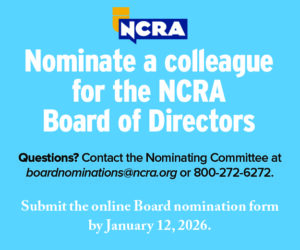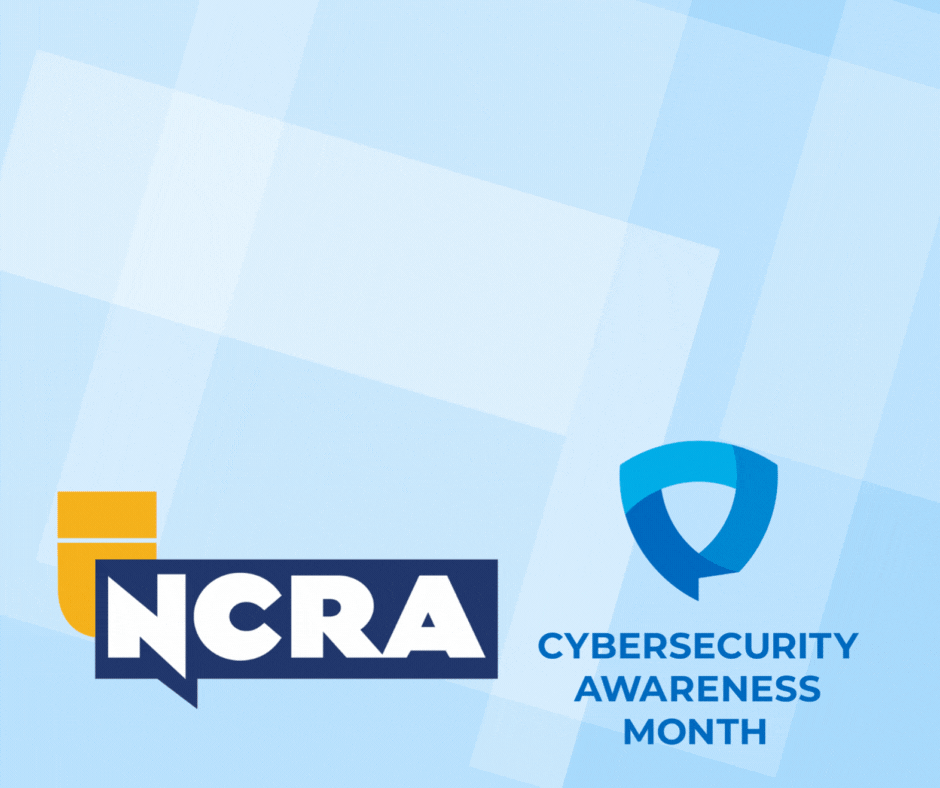 A piece of good news for courts across the United States is that the judicial system is held in much higher regard than Congress and legislatures, this at a time when perception of government generally is at historic lows. The bad news is that the courts are not immune to such sentiment with public perception of them at a 25-year low, according to Karl Agne of GBA Strategies, whose company fielded a comprehensive survey of registered voters to gauge their perceptions of the courts and court technology. Agne shared the results of the survey at Court Technology Conference (CTC) during an educational session held this week in Baltimore, Md.
A piece of good news for courts across the United States is that the judicial system is held in much higher regard than Congress and legislatures, this at a time when perception of government generally is at historic lows. The bad news is that the courts are not immune to such sentiment with public perception of them at a 25-year low, according to Karl Agne of GBA Strategies, whose company fielded a comprehensive survey of registered voters to gauge their perceptions of the courts and court technology. Agne shared the results of the survey at Court Technology Conference (CTC) during an educational session held this week in Baltimore, Md.
The number one attribute shaping public opinion of the courts is television programming, said Agne, who suggested that courts would have to launch a $100 million dollar advertising campaign in order to have the impact on public perception that is established through a single episode of the television show “Law & Order.”
The survey revealed that certain realities must be accepted in order for courts to find opportunity to gain public support for restoring funding to pre-recession numbers.. First, strengthening the court system lags far behind other voter priorities such as schools, public transportation, law enforcement, and healthcare. Further, voters believe strongly that restoring money to state courts on a general basis is akin to “pour(ing) money into a broken system,” Agne said.
The way forward for courts to reshape public opinion lies in technology, the speaker noted. The public believes money could best be spent within the courts on new technology to reduce paperwork and create efficiencies, Agne said, a sentiment that by far outpaces the lowest perceived solution, which is hiring more staff. People strongly believe that courts must operate more efficiently, saving them time in their interactions with the judicial process, he noted. Saving people’s time equates to offering them respect. Demonstrating such respect, said Agne, is “an impression that will last.”











